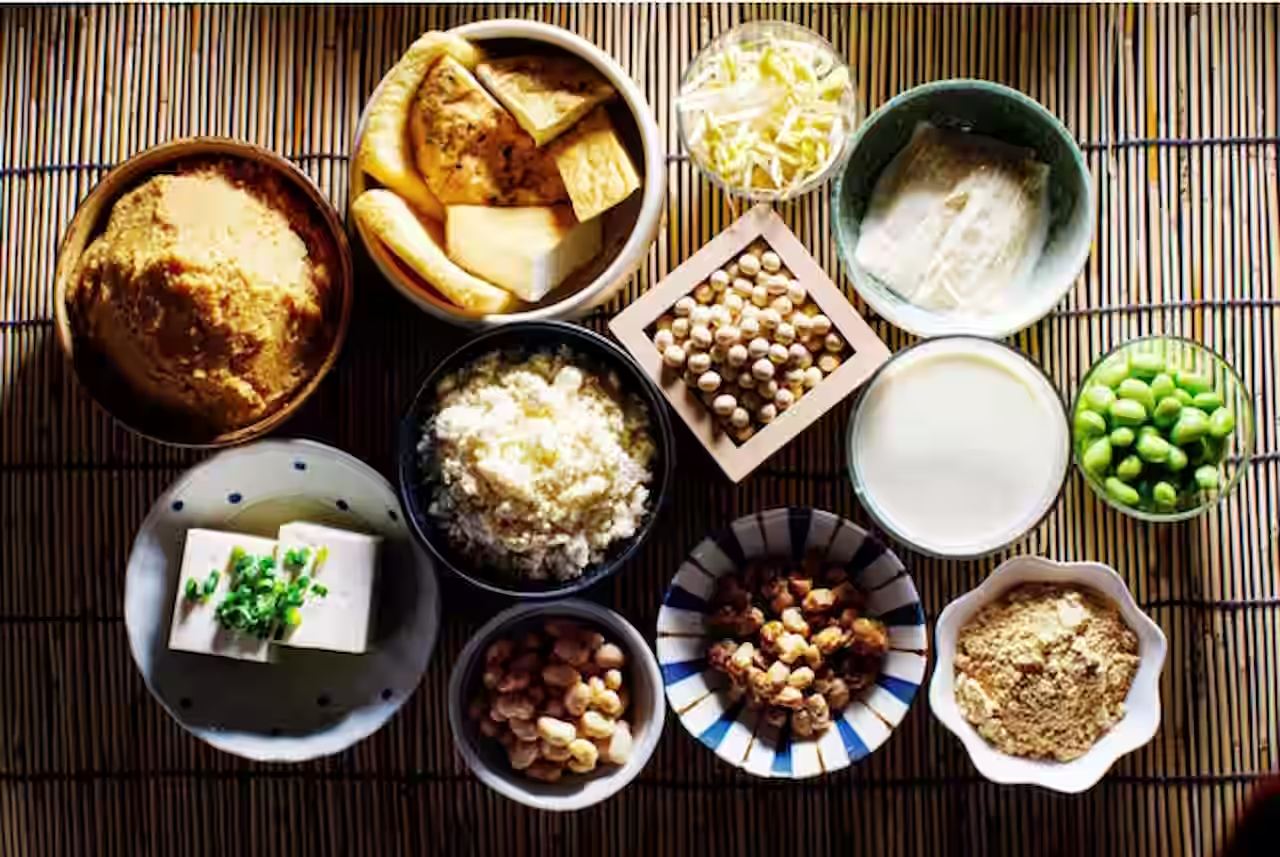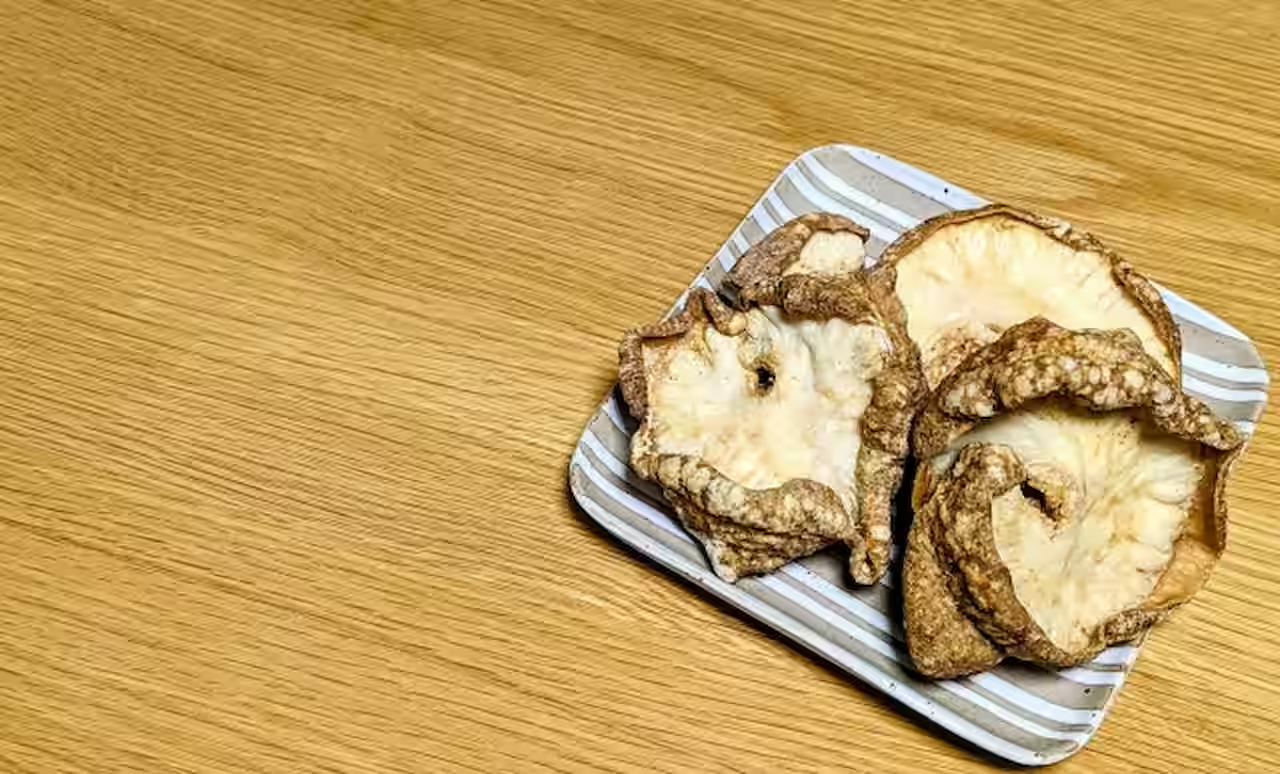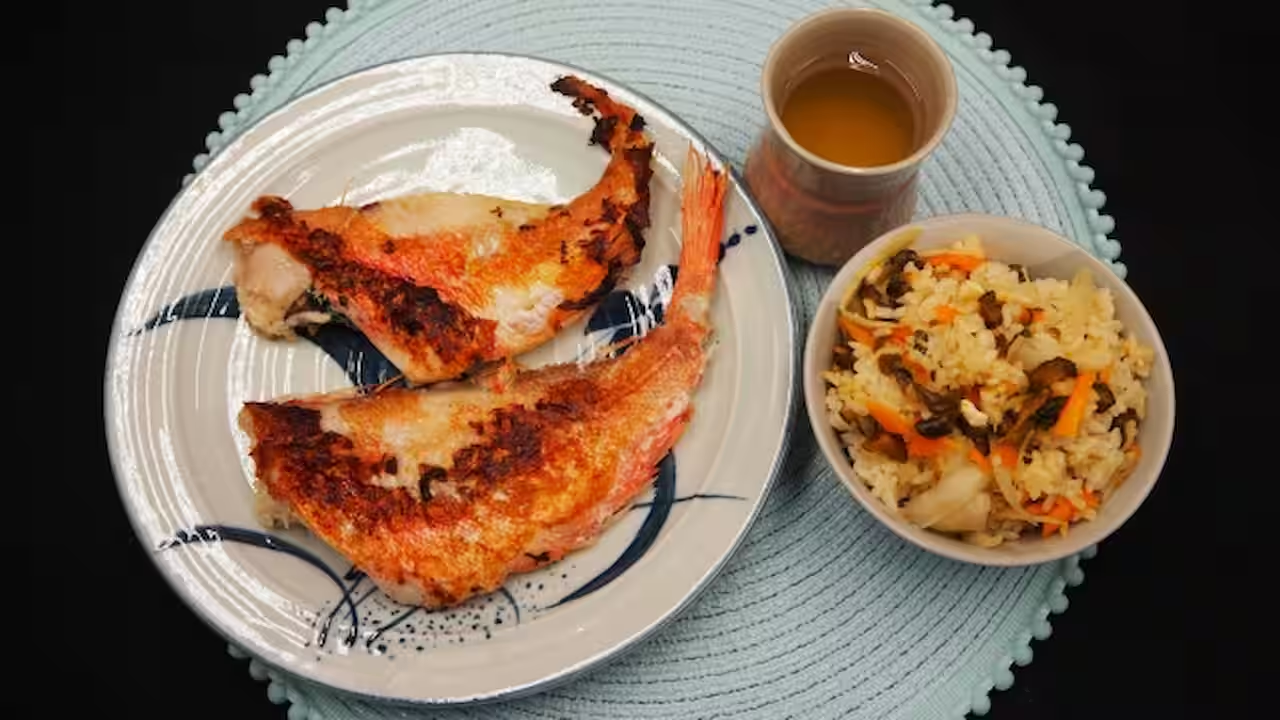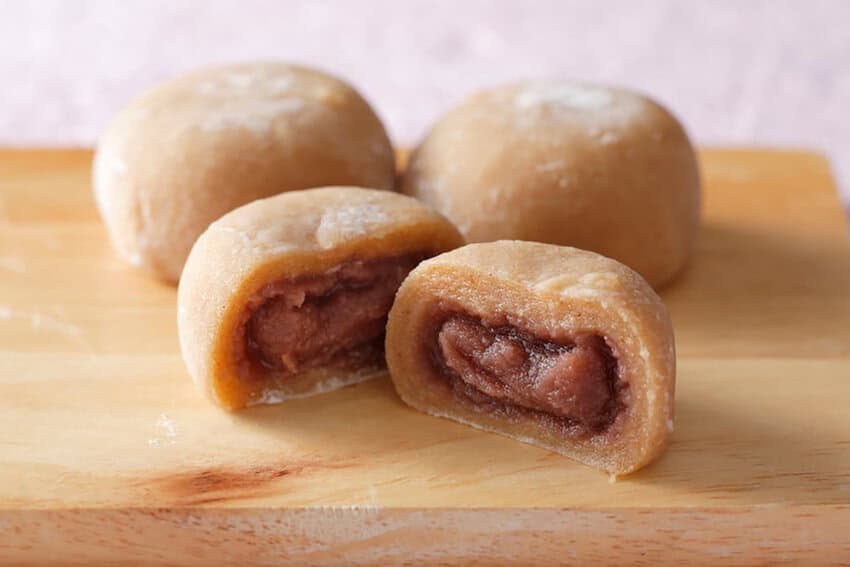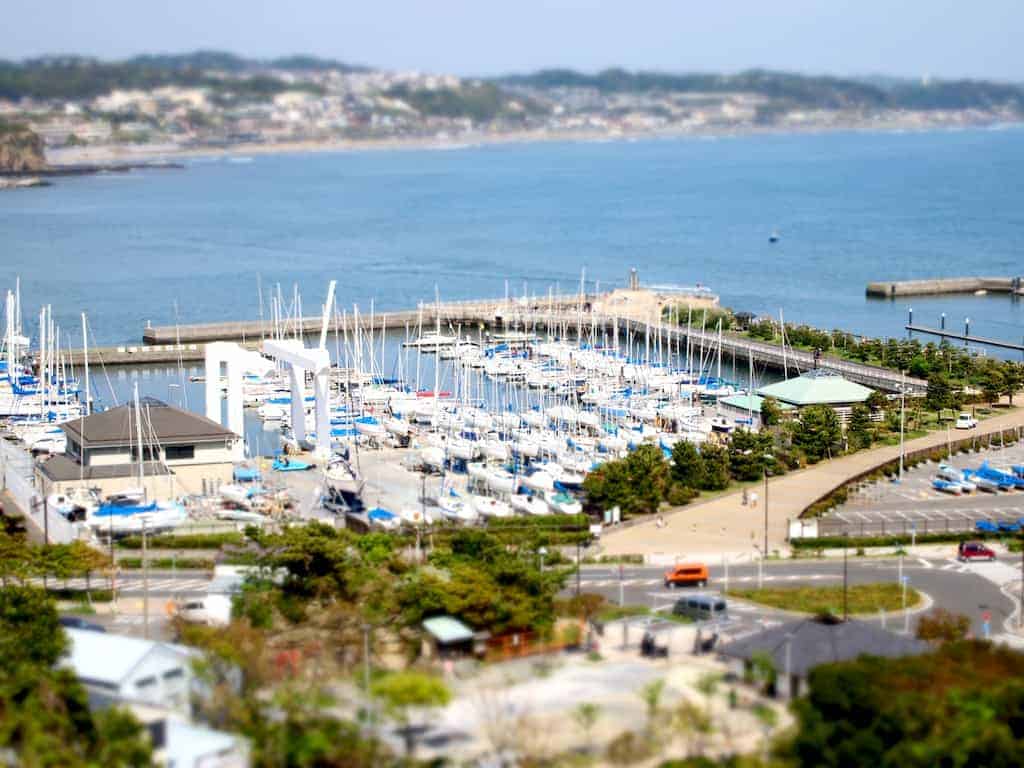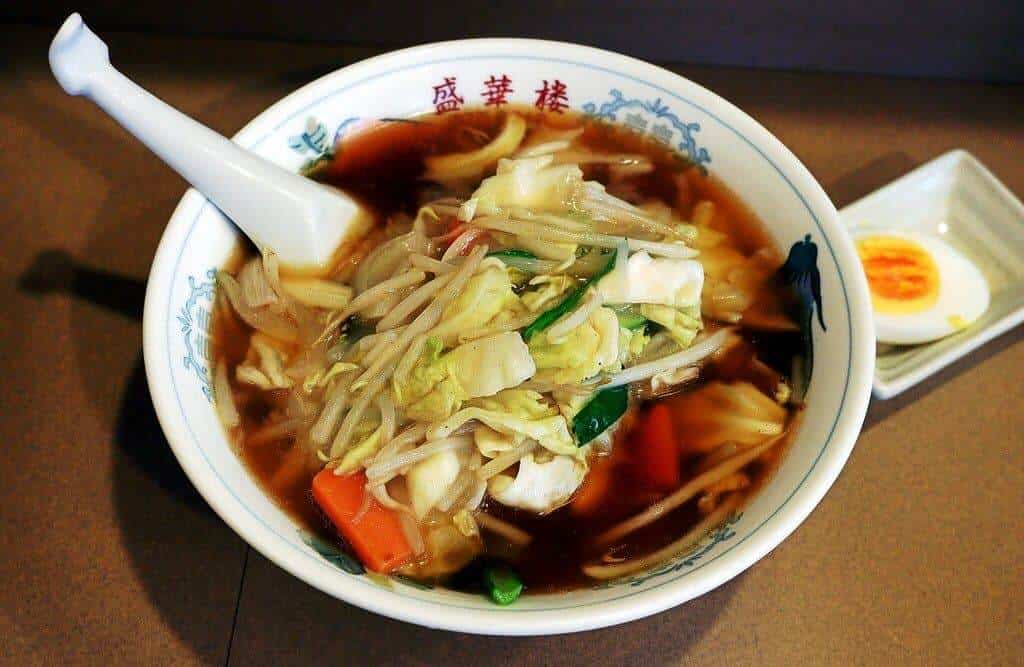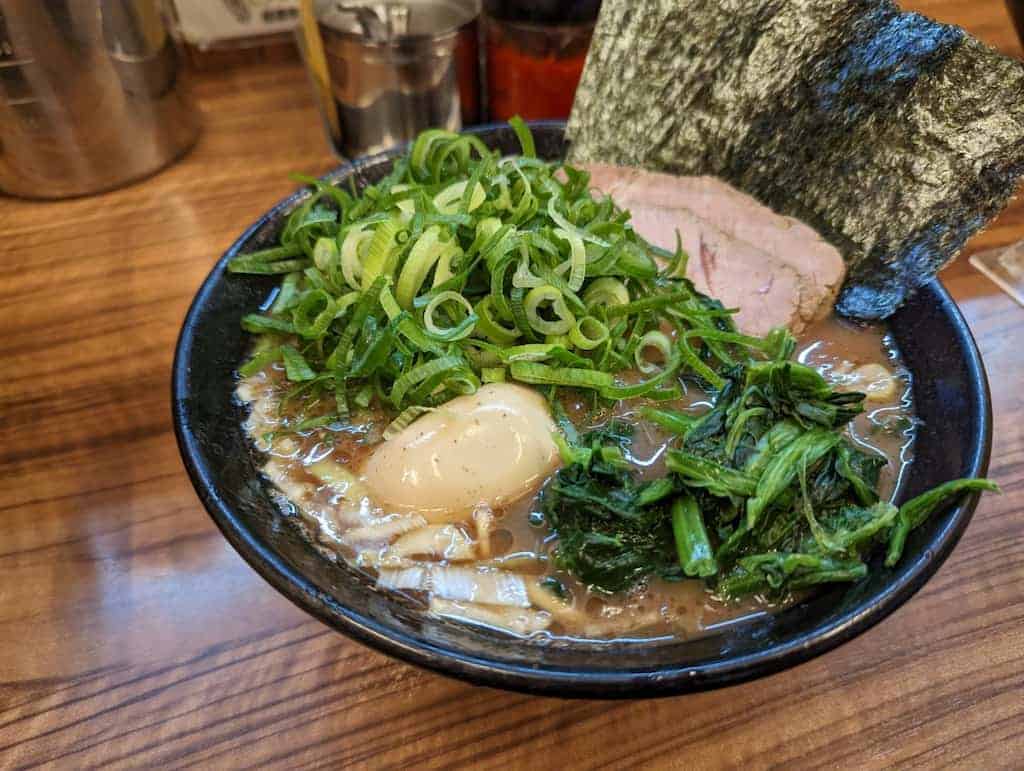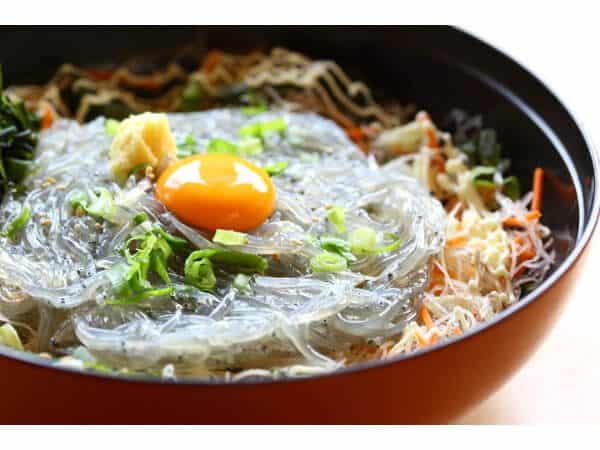TOC
1│Overview of Kanagawa Prefecture Food Culture
2│History of Kanagawa cuisine
3│Feature of Kanagawa cuisine
4│Recommended restaurants in Kanagawa
Overview of Kanagawa Prefecture Food Culture
Kanagawa Prefecture, situated just south of Tokyo, is renowned for its rich culinary scene, which has been molded by its distinct geographical attributes and historical heritage. The region's diverse food culture, influenced by its unique topography and past, is widely celebrated.
Geographical Influence
Kanagawa Prefecture, with its extensive shoreline, interior mountains, and international port cities, serves as a diverse hub of culinary delights and cultural influences¹. This region is fortunate to have a moderate climate, as well as mountains, seas, and rivers, which contribute to its bountiful natural resources.
History of Kanagawa cuisine
Sure, here's a timeline of the history of Kanagawa's cuisine:before 1859, Kanagawa Prefecture was known for its thriving agricultural, livestock, and marine product industries. The region's diverse natural environment, including mountains, oceans, and rivers, contributed to a rich and varied local food culture.
In 1859, Yokohama Port opened, marking a significant milestone in Kanagawa's food history. The port became a gateway for foreign cultures, bringing new food traditions from around the world to Japan.
During the late 19th century, foreign settlements sprouted around Yokohama Port, with one district evolving into Yokohama Chinatown. This period also saw the emergence of dishes that fused Western and Japanese culinary influences, such as sukiyaki and seafood doria.
In the early 20th century, Yokohama became an international port city, and beef was introduced to Japan. Thinly sliced beef was mixed with vegetables and simmered in a miso-based hotpot, inspiring the creation of other hotpot-style Japanese dishes. Additionally, Yokosuka, a long-standing naval base, adopted curry from British servicemen. The local adaptation, known as kaigun curry or naval curry, featured a thicker texture and incorporated meat and vegetables. This marked the beginning of curry culture in Japan.
Overall, the timeline provides a glimpse into the evolution of Kanagawa's cuisine, highlighting the influence of Yokohama Port and foreign cultures on the region's food traditions.
Feature of Kanagawa cuisine
Kanagawa cuisine is renowned for its distinct characteristics that have been influenced by its geographical position, historical context, and cultural impacts.
Seafood Dishes
One of the well-known delicacies in Kanagawa is Shirasu-don, which comprises small, young sardines served on a bed of rice¹. This particular dish is highly popular in the Kamakura region.
Gyu-nabe Beef Hotpot
Originating in Yokohama, this dish features thinly sliced beef combined with vegetables and gently simmered in a miso-based hotpot.
Yokosuka Kaigun Curry
Also known as naval curry, this dish was embraced by Japanese naval personnel in Yokosuka, inspired by British servicemen. It possesses a thicker consistency and makes excellent use of meat and vegetables.
Kencho Jiru
Kencho Jiru is a traditional Buddhist vegan cuisine known as shojin ryori. This dish consists of a hearty blend of shiitake mushrooms, daikon radish, carrots, burdock and taro roots, as well as konjac jelly, in a kombu kelp-based broth.
In conclusion, the distinguishing features of Kanagawa cuisine mirror its diverse geography, historical influences, and receptiveness to foreign cultures.
Recommended restaurants in Kanagawa
Kanagawa, situated just south of Tokyo, is a prefecture in Japan renowned for its diverse gastronomic scene that combines traditional Japanese flavors with contemporary twists. Here are some recommended eateries in Kanagawa that provide a delightful culinary experience:
Isshin: Located in Yokohama, Isshin is a popular destination for ramen enthusiasts. This restaurant takes pride in its flavorful and savory broth, handcrafted noodles, and meticulously chosen toppings. The cozy ambiance and meticulous attention to detail make Isshin a must-visit for those craving an authentic bowl of Japanese ramen.
Sawanoi Sake Brewery Restaurant: For a distinctive dining encounter, head to Sawanoi in Yugawara. This eatery, situated at a sake brewery, offers a menu that pairs perfectly with their locally brewed sake. Diners can relish fresh sashimi, tempura, and other traditional Japanese dishes while sipping on a selection of Sawanoi sake.
Noge Oyster Market: Seafood enthusiasts should not miss Noge Oyster Market in Yokohama. This lively market-style restaurant specializes in oysters and serves them in various preparations, from fresh and briny on the half shell to grilled and baked. The casual atmosphere and wide range of seafood options make it a favorite among locals and visitors alike.
Shonzui: For a kaiseki dining experience in Kamakura, Shonzui is a top-notch choice. This sophisticated restaurant offers a multi-course meal featuring seasonal ingredients beautifully presented in the traditional Japanese style. The skilled chefs at Shonzui aim to create a culinary journey that highlights the flavors and textures of each dish.
Kamakura Ganko: Situated in the historic city of Kamakura, this eatery presents a fusion of Japanese and Western cuisine in a charming setting. Kamakura Ganko is renowned for its innovative dishes using local ingredients, and their menu includes a variety of sushi, sashimi, and inventive appetizers.
These are just a few examples of the varied culinary offerings in Kanagawa. Whether you appreciate traditional Japanese cuisine, innovative fusion dishes, or unique dining experiences, Kanagawa has something to satisfy every palate.
Let's see below to discover Kanagawa with us!
